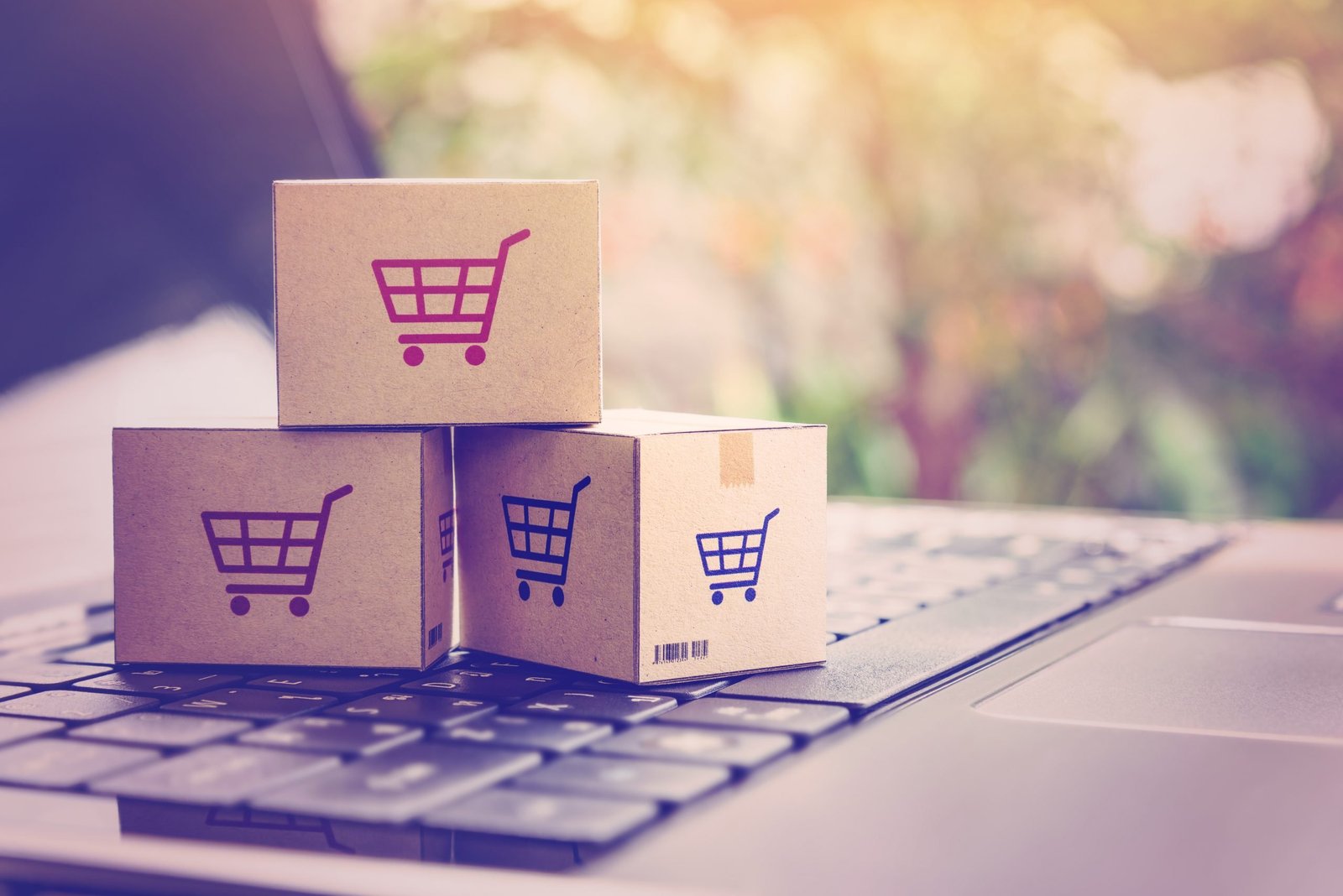Choosing the Right B2B Platform: Key Considerations
In today’s fast-paced business environment, choosing the right B2B platform has become crucial for companies looking to expand their reach and improve efficiency. Whether you’re a small business or a large corporation, your ability to seamlessly connect with suppliers, manufacturers, and distributors can make or break your success. With the rise of digital technology, B2B platforms have become the backbone of global trade, enabling businesses to tap into new markets and streamline their procurement processes.
However, with so many options available, selecting the best B2B platform that aligns with your business needs can be daunting. In this article, we’ll explore the key considerations you need to keep in mind when choosing the right B2B platform, along with a list of top marketplaces to consider.
1. Understand Your Business Needs
Before diving into the wide array of B2B platforms available, the first step is to assess your specific business needs. Different industries have unique requirements, and what works for one company may not be suitable for another. Consider the following:
- Product Range: Are you looking to buy or sell specific types of products, or do you require a platform with a broad product range?
- Target Market: Is your focus on domestic or international markets? Some platforms specialize in local markets, while others offer global outreach.
- Volume of Trade: Do you deal with bulk orders or smaller, frequent transactions? This will influence the type of platform you choose, as some cater to high-volume buyers, while others focus on niche markets.
- Budget: B2B platforms often come with different pricing models, including subscription fees, transaction fees, or premium service fees. Assess your budget to ensure the platform offers good value for your investment.
Understanding these aspects will help narrow down your options, making the selection process more focused.
2. Platform Features and Functionalities
The core features of a B2B online store platform play a critical role in determining how efficiently you can conduct business. Some of the key functionalities to look for include:
- Product Listings and Catalog Management: The platform should allow you to easily manage and update product listings, descriptions, and pricing. This ensures that your inventory is always up to date.
- Advanced Search Capabilities: Buyers should be able to quickly find the products they need using filters like category, price range, and location. An intuitive search function saves time and increases the likelihood of sales.
- Customizable Storefront: Look for platforms that offer a customizable storefront so you can showcase your brand’s identity. Customization options allow for a more personalized experience for buyers.
- Order Management System (OMS): A robust order management system is essential for tracking and fulfilling orders. Features such as real-time order tracking, notifications, and delivery schedules are important for ensuring smooth transactions.
- Payment and Security Options: Payment gateways should be secure and provide multiple options for transactions. Platforms with built-in escrow services or payment protection can help reduce the risk of fraud.
- Mobile-Friendly Interface: In today’s mobile-driven world, a B2B platform that is optimized for smartphones and tablets can enhance accessibility and improve user experience.
3. Ease of Use and User Experience
A well-designed B2B platform should prioritize ease of use. Whether it’s registering an account, searching for products, or making payments, the user interface should be intuitive and straightforward. Complex navigation or slow load times can deter potential buyers or sellers.
Check for a user-friendly dashboard that allows you to manage your account, inventory, and orders with minimal hassle. The platform should also offer support for multiple languages and currencies if you’re dealing with international trade.
4. Supplier and Buyer Verification
Reputation and trust are crucial in B2B transactions. Many platforms feature supplier verification processes that vet companies before they can list products. Verified suppliers typically provide additional documentation such as licenses or certifications, giving buyers confidence in the authenticity and quality of the products.
Similarly, some platforms offer buyer verification, which helps sellers know they are dealing with legitimate customers. Platforms that provide transparent ratings, reviews, and feedback from past transactions can further enhance trust between parties.
5. Integration with Other Tools
Businesses today often rely on various software and tools for smooth operations, such as inventory management systems (IMS), customer relationship management (CRM), and accounting software. Choose a B2B platform that easily integrates with your existing systems to avoid data silos and duplication of efforts.
Platforms offering APIs and third-party app integrations can automate many manual tasks, improving overall efficiency.
6. Scalability and Growth Potential
As your business grows, your B2B platform should be able to scale with you. Some platforms may be ideal for small and medium-sized enterprises (SMEs) but lack the infrastructure to support large volumes or expansion into new markets.
Ensure that the platform you choose offers flexible solutions for scaling, such as increased storage, bandwidth, or support for additional users. Consider platforms that regularly update and enhance their features to stay competitive and meet evolving business demands.
7. Customer Support and Resources
No matter how robust a platform is, there may come a time when you encounter issues or require assistance. A reliable B2B platform should offer dedicated customer support that can be reached via email, phone, or live chat. In addition to this, check if the platform provides useful resources like FAQs, tutorials, webinars, and case studies to help you make the most of its features.
8. Marketplaces to Consider
When it comes to B2B platforms, there are many options available, each with its own strengths. Here are some of the top B2B marketplaces to consider:
1. eWorldTrade
eWorldTrade is a leading global B2B marketplace offering a wide range of products and services. Known for its user-friendly interface and advanced features, it connects buyers and sellers worldwide, making international trade seamless. eWorldTrade places a strong emphasis on verified suppliers, ensuring secure and trustworthy transactions.
2. Alibaba
Alibaba is one of the largest B2B platforms globally, providing access to millions of products across multiple categories. It offers extensive customization options, a wide range of suppliers, and tools for both small and large businesses.
3. Global Sources
Global Sources is a trusted platform for connecting businesses with verified suppliers from China and Asia. It is known for its extensive trade shows and online marketplace, making it an excellent option for companies looking to source products from Asian markets.
4. ThomasNet
ThomasNet is a well-established B2B platform focusing on industrial and manufacturing products in the United States. It features a comprehensive supplier directory and offers tools for sourcing products, reviewing suppliers, and managing procurement processes.
5. TradeIndia
TradeIndia serves as an online B2B marketplace that connects Indian manufacturers with global buyers. It’s a great option for companies looking to tap into the Indian market or source Indian-made goods.
Conclusion
Choosing the right B2B platform is a strategic decision that requires careful consideration of your business needs, the platform’s features, and its ability to scale with your growth. By evaluating factors such as ease of use, supplier verification, integration capabilities, and customer support, you can select the B2B online store platform that best suits your business. With the right platform in place, your company can efficiently connect with global suppliers and buyers, driving growth and profitability.






